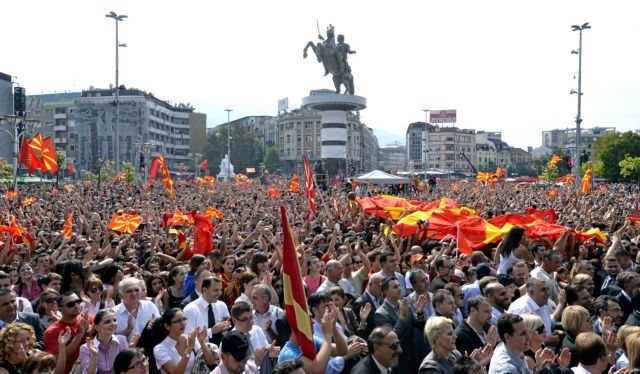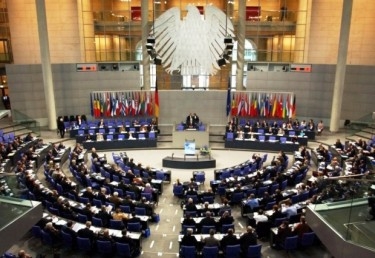By EuScoop
The Macedonia naming dispute seems to go in a sort of a suggestion circle, as the news media in the country is reporting the new potential name – Upper Macedonia. This name was offered as an option by the country’s Prime Minister, Zoran Zaev, earlier this year.
However, many Greeks consider the inclusion of the word “Macedonia” as a declaration of interest in the entire Greek territory of Macedonia. For those that may not know, the Macedonia region is actually an area located in Greece.
The Macedonian news outlet “Vecher” released the information. According to them, the name of the country will be Upper Macedonia while the language will be called Macedonian and will officially belong to the Slavic subcategory of languages. The Macedonian authorities are not confirming or denying those claims.
The Ministers of Foreign Affairs of Greece and Macedonia will have another meeting to discuss this problem on April 12, 2018, in Vienna, Austria. The Greek minister Nikos Kotzias and his team recently sent a “Plan B” document to their Macedonian counterparts as a guide to solve those disputes.
It remains unknown what Macedonia’s name will be, as many options were being thrown around. As mentioned above, some Greeks do not want any names including Macedonia in the title, effectively wanting a complete change of the name to something that doesn’t imply a connection to the ancient Greek state of Macedon that was located in Greece.
The Macedonian government has done a lot to shed its image of a defiant state that steals the history and identity of its neighbours. They started to remove some controversial monuments like the statue of Bulgarian revolutionary Andon Kyoseto. Another sign of Macedonia’s willingness for better relations with its neighbours comes in the form of the declaration of cooperation with Bulgaria, a country that also has many cultural tensions with Macedonia.
Another problem that Macedonia is actively solving is the unrecognized status of the Macedonian Orthodox Church. The President met with the Ecumenical Patriarch Bartholomew to discuss the issue.



















